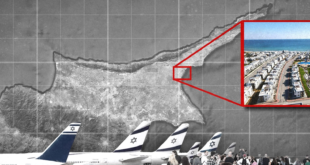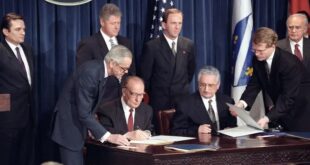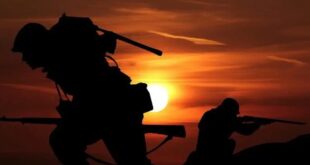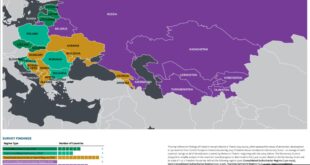Two former Bosnian Serb Army soldiers told the trial of their wartime commander Ratko Mladic that Bosniak forces were responsible for attacking civilians in the besieged capital.
Defence witness Slavko Gengo told Mladic’s trial at the Hague Tribunal this week that explosions at the Markale market and in Vase Miskina Street in Sarajevo, as well as in the centre of the town of Tuzla, in which hundreds of citizens were killed, were ‘staged’ by the Bosniak authorities in Sarajevo.
Gengo, a former battalion commander with the First Romanija Brigade of the Bosnian Serb Army, said that Bosniak forces, not the Serbs, were responsible for the Markale marketplace blasts in February 1994 and August 1995.
He said that the Bosnian Serb Army requested that a joint commission be formed in order to investigate who was responsible for the first attack on Markale, but the Bosnian Army turned the proposal down.
‘The Muslims rejected it, probably because they were afraid of the truth, because it would be proved that what happened at Markale was staged in Sarajevo, just like all the other planned events – in Vase Miskina Street, then they did it at Markale, then they did it in Tuzla; all those things were staged,’ Gengo said.
Former Bosnian Serb Army commander Mladic is charged with terrorising civilians in Sarajevo with a lengthy shelling and sniping campaign, committing genocide in Srebrenica and seven other municipalities, persecuting Bosniaks and Croats and taking UN peacekeepers hostage.
The indictment against Mladic alleges that his units fired the grenades at Markale market place in February 1994 and August 1995, but the blasts in Vase Miskina Street in May 1992 and Tuzla in May 1995 are not included in his indictment.
A second defence witness this week, Dragan Maletic, told the trial that Bosnian Army snipers killed many civilians in the Sarajevo neighbourhoods of Grbavica and Vraca during the siege.
‘Our enemy used fire unselectively, irrespective of whether civilians or soldiers would be hit on our side,’ said Maletic, a former assistant commander of a Bosnian Serb Army battalion in the area.
Maletic said that although his battalion ‘suffered loses’, it never opened fire on civilians in the city, especially not sniper fire, because it was strictly prohibited by ‘a permanent order’ issued by higher commanders.
Mladic’s trial will resume next week.
 Eurasia Press & News
Eurasia Press & News



